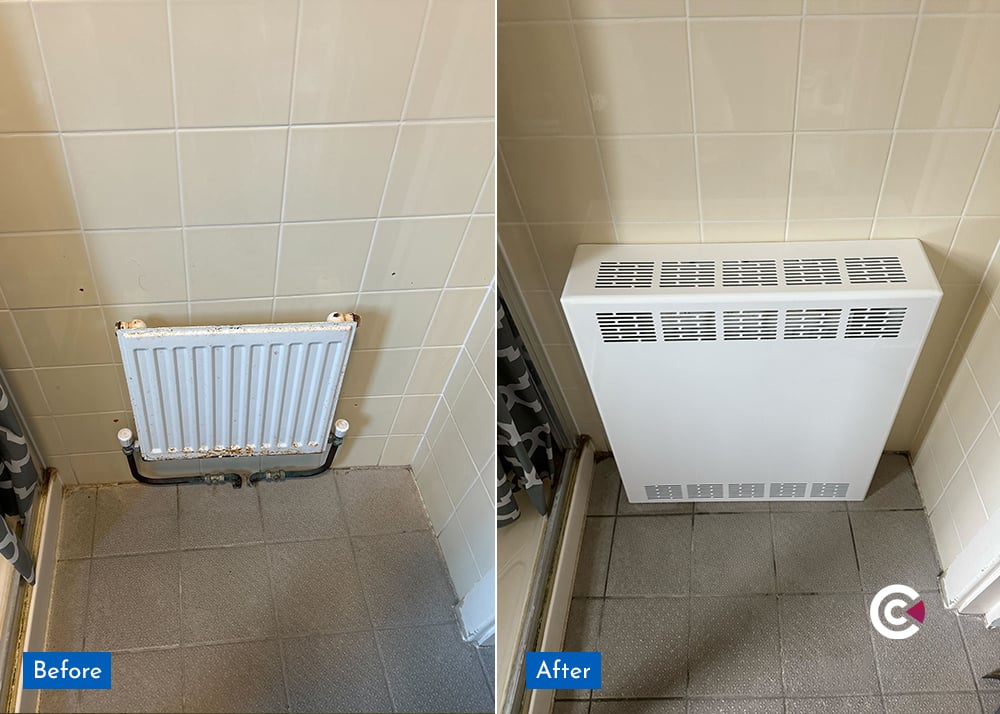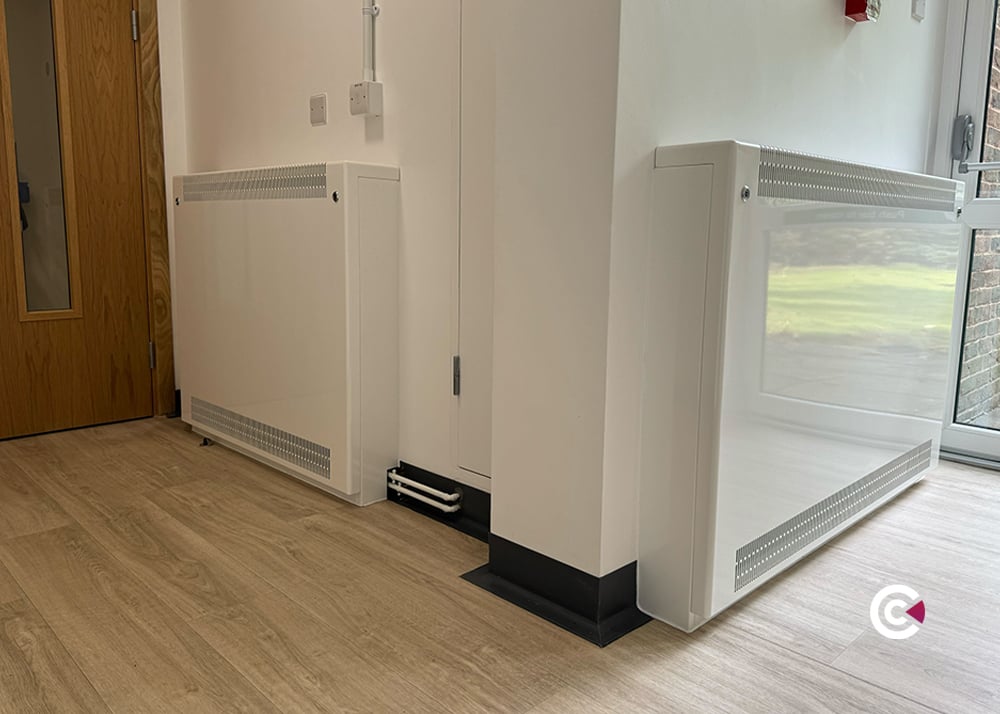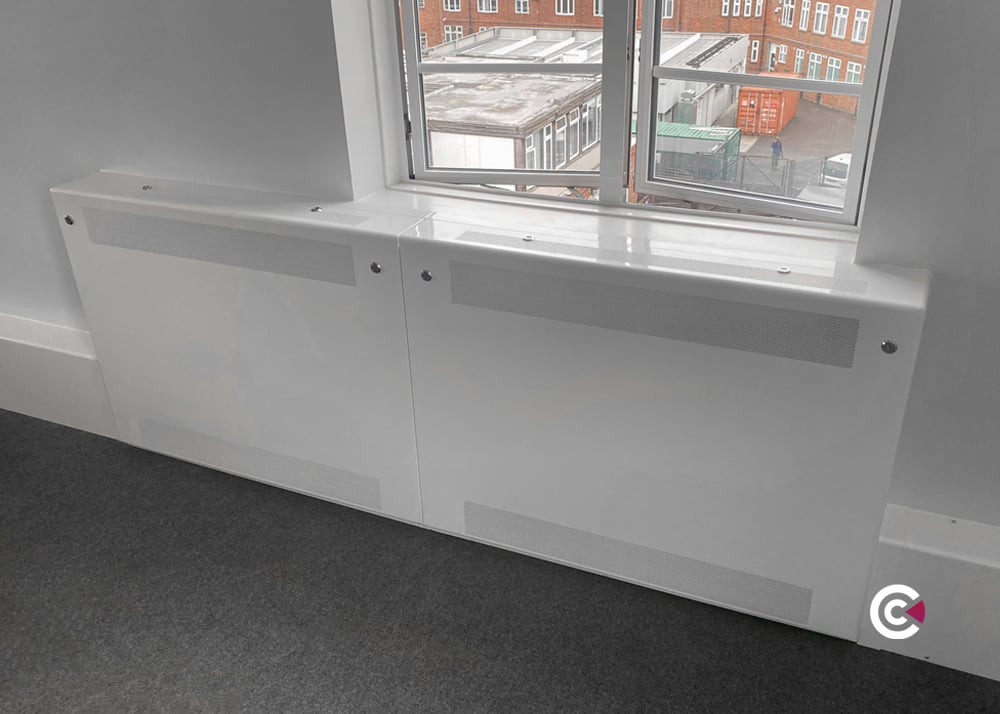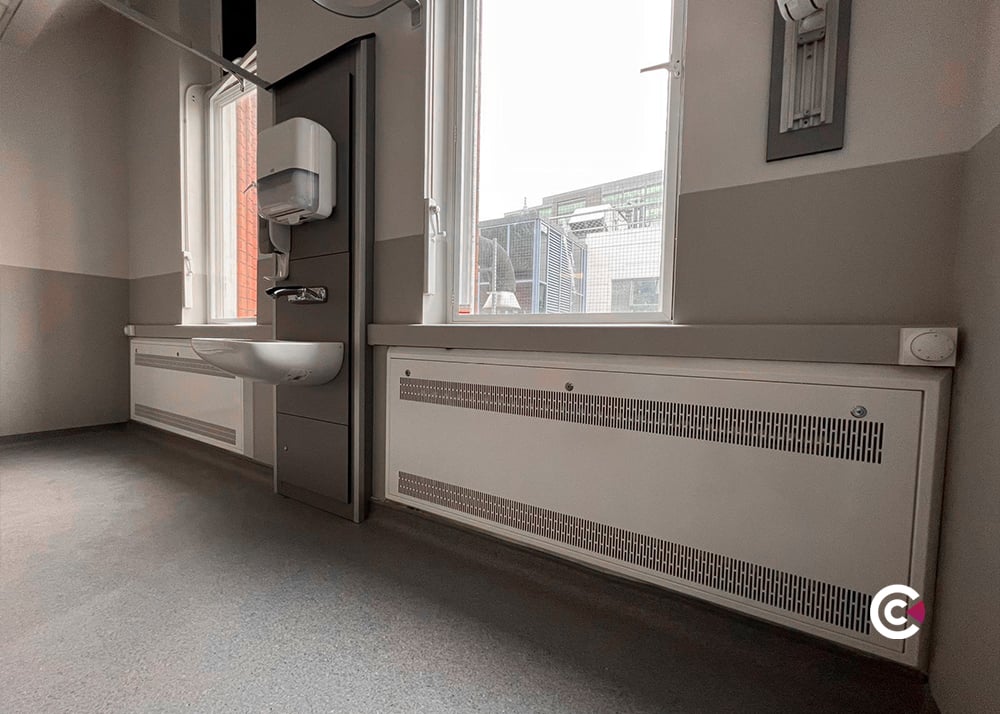.jpg?width=600&name=LST%20Radiators_%20The%20Impact%20Of%20Colour%20Within%20Hospital%20Wards%20(1).jpg)
With the risk of infections at an all-time high, ‘COVID-19 moves people to focus on their personal health’ (Businesswire). Whenever we can, it’s important to look after our health for our ourselves and the sake of our loved ones. If that requires regular cleaning and maintenance, so be it.
Read on to discover how having a LST radiator guard that provides easy access for cleaning and maintenance is essential within hospitals….
Hospital-Acquired Infection: What Are They?
Hospital environments are subjective to our own experiences. For most, it’s a terrifying and intimidating experience. With some patients having to spend most of their time in hospitals, it must be a safe place in terms of hygiene.
Many of us trust hospitals to provide us with the care we need. We also trust hospitals to be sanitary to reduce risk of developing hospital-acquired infections.
However, it’s important to keep a note of the importance of hospital-acquired infections. It’s been estimated that in England, 300,000 patients a year acquire hospital-associated infections and that 5,000 patients sadly lose their lives from these infections.
This in itself highlights the upmost importance to keep hospitals sanitised, not just to reduce infections, but to save lives.
These infections can range from MRSA, E.Coli, pneumonia and other respiratory infections.
Hospital Radiators: Are They Sanitary?
Certain designs of radiators have open spaces and traps where dust and dirt can gather which increases bacteria and can become difficult to clean. This is due to the radiators being fixated onto the walls and the gaps being too small to clean.
Dust within radiator fins can be harmful to those with respiratory infections and complications such as asthma. Dust shouldn’t be taken lightly because, for some, it can bring on lung disease. With traditional radiators becoming dust traps, this can become harmful.
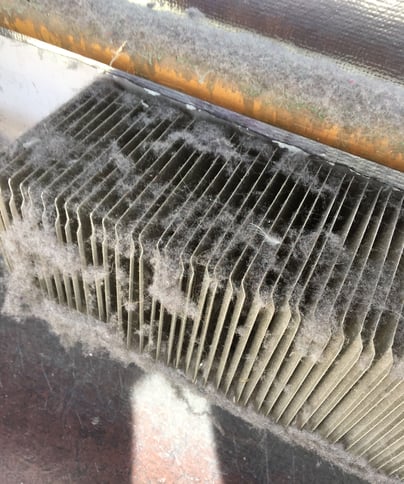
Also, trapped dust inside fins can prevent heat from escaping, resulting in the heating system having to work harder to keep hospitals warm.
Economically, this can have significant implications, too.
Contour LST Radiators For Hospitals
Taking all of this into account, we’ve recognised the need to create easy and accessible cleaning solutions to provide optimum hygiene levels.
A major benefit of choosing a Contour LST radiator guard is straightforward access for cleaning and maintenance.
Access to the interior of the casing can be assisted by a patented front door which allows it to lie flat for easier cleaning.
For hospitals, we recommend having an open hinge arrangement, so radiator removal is simple if it's required. The drop-down front panels allow the radiators to be cleaned quickly and more effectively compared to regular radiators.

This can clean the dust trapped behind radiators so that the harmful repercussions related to dust can be reduced, as well as allergies caused by dust mites.
The dirt and dust that gathers behind radiators can be seriously damaging to all service users at hospitals, especially if they have respiratory issues.
Not removing this will further pollute the air that’s breathed in.
Having effortless access to fully clean these radiators can reduce the risk of hospital-acquired infections and can have an overall result for a more comfortable hospital environment.
Conclusion
With anxiety rising around hygiene and health, the hospital is the place we trust to provide us with care. Therefore, it’s important to eliminate risks of hospital-acquired infections and to make the overall hospital experience comfortable for all service users - Contour can help.
With accessible LST radiators hospitals can ensure they have easy entry to clean the radiators to reduce bacteria and dust.
-1.png)


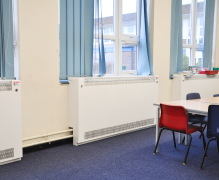
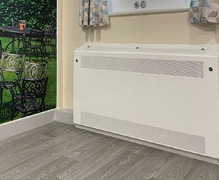
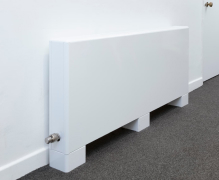
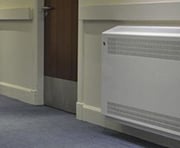
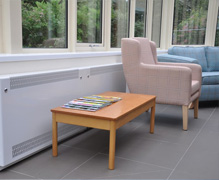

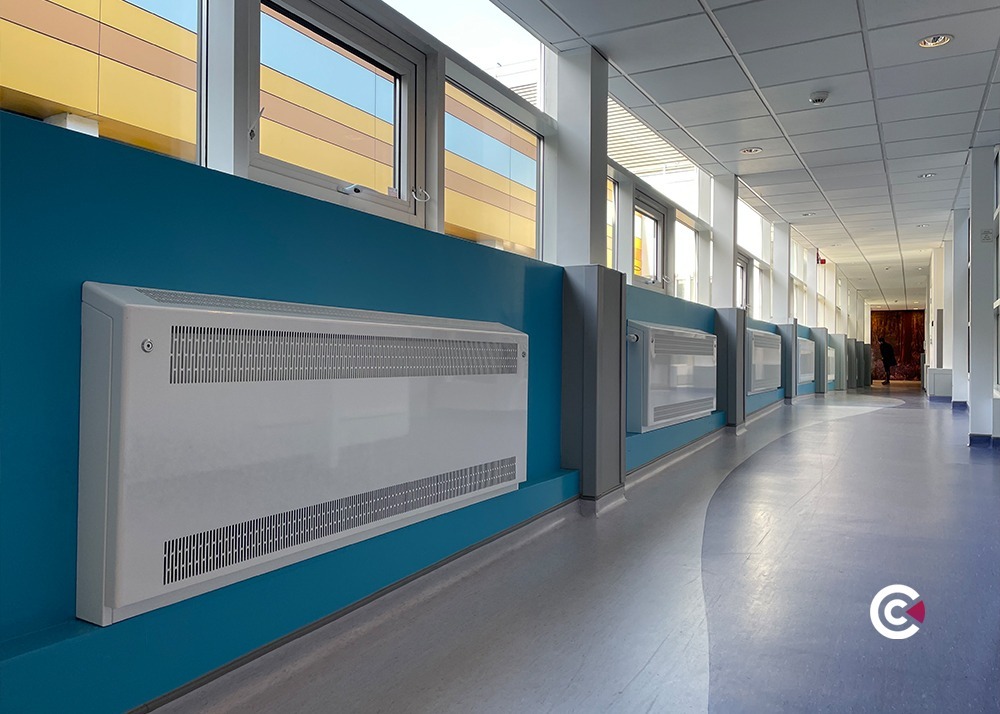
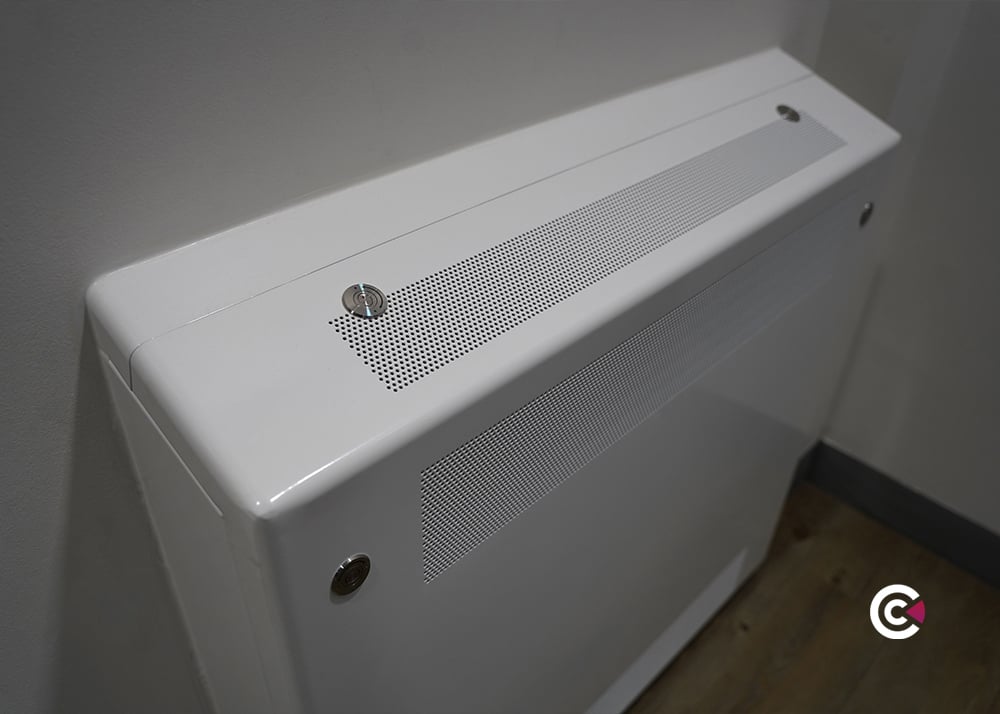

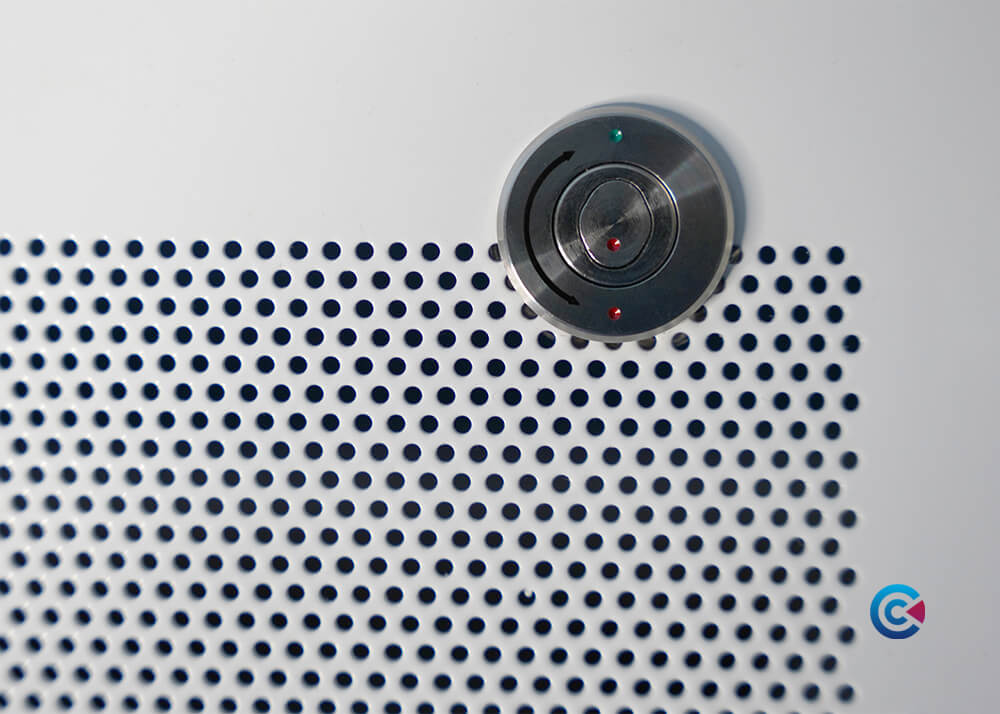




/anti-ligature%20vent%20grilles.jpg)

